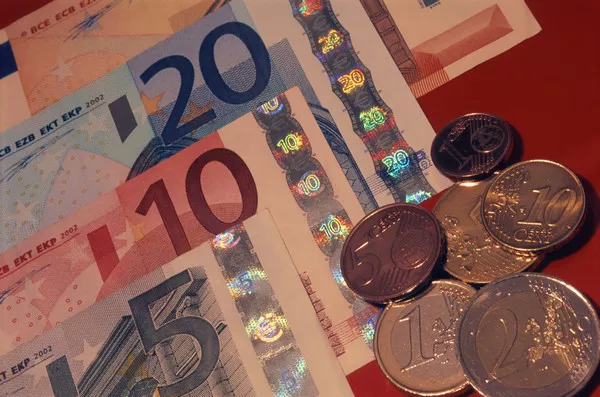The euro, a widely recognized global currency, has experienced a significant depreciation in recent times, raising concerns among economists, policymakers, and market participants. This article aims to delve into the reasons behind the euro’s substantial drop and explore its potential implications on various stakeholders. By examining both internal and external factors affecting the currency, we can gain a comprehensive understanding of the current state of the euro and its trajectory.
Global Economic Uncertainty:
One key factor contributing to the depreciation of the euro is the prevailing global economic uncertainty. The COVID-19 pandemic has disrupted economies worldwide, leading to reduced consumer spending, business closures, and supply chain disruptions. Such adverse conditions have prompted investors to seek safe-haven assets like the U.S. dollar, resulting in a relative decline in demand for euros.
Diverging Monetary Policies:
Another vital factor is the divergence in monetary policies between the European Central Bank (ECB) and other major central banks like the U.S. Federal Reserve. While the ECB maintained an accommodative stance to support economic recovery, other central banks began tightening their monetary policies, signaling potential interest rate hikes. This divergence created an interest rate differential that favorably impacted currencies like the U.S. dollar, attracting capital flows away from the euro.
Structural Challenges within the Eurozone:
The euro has also been affected by underlying structural challenges within the Eurozone. Persistent issues such as high levels of public debt, low productivity growth, and political fragmentation have hindered the region’s economic performance. These structural weaknesses create uncertainties and erode investor confidence in the long-term prospects of the euro, consequently leading to its depreciation.
Trade Imbalances:
Trade imbalances between the Eurozone and its major trading partners, particularly the United States and China, play a significant role in the euro’s decline. Persistent trade deficits can put downward pressure on a currency, as it indicates that more euros are leaving the economy than entering it. These imbalances highlight the need for trade policy adjustments and measures to improve competitiveness within the Eurozone.
Geopolitical Factors:
Geopolitical factors have also influenced the euro’s depreciation. Heightened political tensions, such as Brexit and trade disputes between major economies, have created uncertainty in global markets. Uncertainties surrounding these geopolitical events increase risk aversion among investors, leading them to seek safer currencies, further weakening the euro.
Implications:
1. Inflationary Pressures: The depreciation of the euro may contribute to inflationary pressures within the Eurozone, as imported goods become more expensive. This can complicate the ECB’s efforts to maintain price stability and necessitate careful monetary policy decisions.
2. Export Competitiveness: While a weaker euro makes Eurozone exports more competitive, it also increases the costs of imported goods, potentially impacting domestic consumption and corporate profitability.
3. Tourism and Travel: The euro’s depreciation can attract tourists from countries with stronger currencies, boosting the tourism industry within the Eurozone. Conversely, it may discourage European travelers from venturing abroad due to increased costs.
4. Investment Flows: The decline in the euro can influence investment flows, as foreign investors may find Eurozone assets relatively more attractive. However, sustained depreciation may also deter long-term investments, impacting economic growth prospects.
Conclusion:
The significant depreciation of the euro can be attributed to a combination of factors, including global economic uncertainty, diverging monetary policies, structural challenges within the Eurozone, trade imbalances, and geopolitical factors. Understanding these factors is crucial for policymakers and market participants to develop effective strategies to address the challenges posed by the euro’s decline. As the global economic landscape evolves, monitoring the trajectory of the euro and its potential implications will remain essential for decision-makers in both domestic and international arenas.


